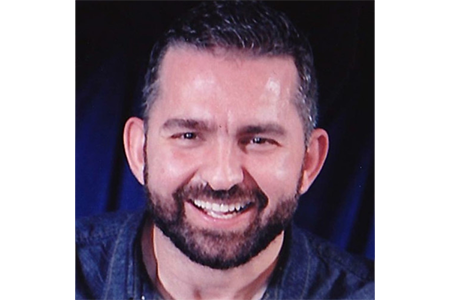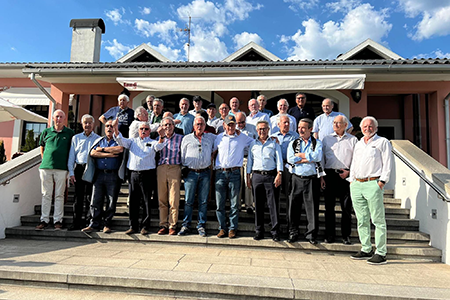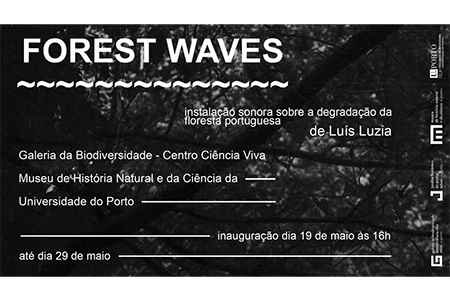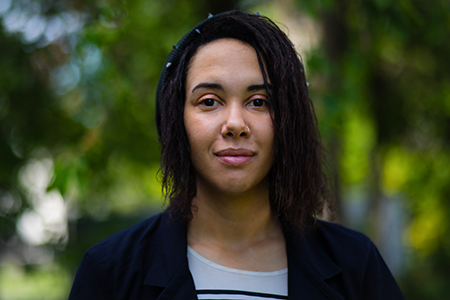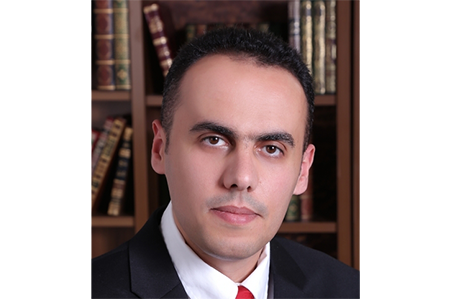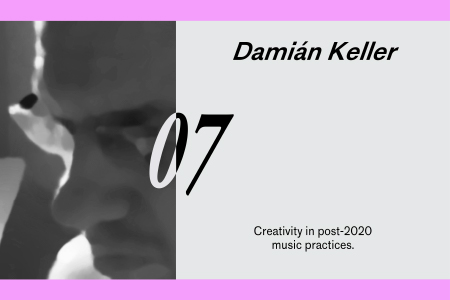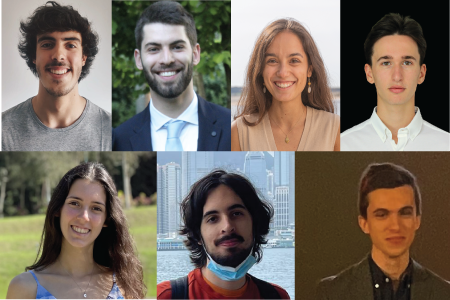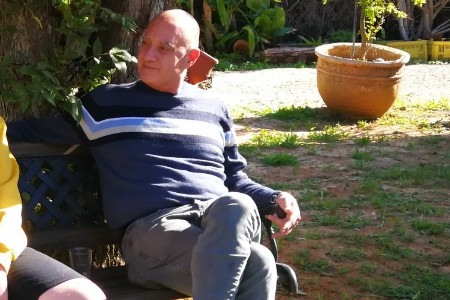Markos Konstantakis is a PhD candidate in the Department of Cultural Technology and Communication at Aegean University, in the field of Augmented Reality, entitled: «Augmented Cultural User Experience – ACUX». He receives a Master’s Degree in “Specialization in Information Systems, Networks and Telecommunications”, from the Faculty of Sciences and Technology of the Hellenic Open University ( HOU ). Markos completed a Degree and a Master’s Degree in Marine Mechanical Engineer NTUA (National Technical University of Athens). Since November 2013 he is a Research Fellow – Lecturer for the implementation of the Act «Supplementary Program Distance Learning e-learning», University of Athens, teaching and writing program notes: «Network Engineer», «Matlab» and «Digital Culture». Since September 2016 is working as a Research Assistant for the implementation of projects regarding cultural tourism, conservation of arts and digital culture. His research includes the technologies of Virtual and Augmented Reality, Ubiquitous Computing, Digital Culture, User Experience, Cultural Heritage, Prototyping, Human-Computer Interaction, the Internet of Things and Serious Games.
Join us on the 6th of June, at 14:00, in room I-105 of FEUP, for the presentation of “Digital Culture and Cultural User experience”.
Abstract:
The immense interest in academia and the cultural industry has been to augment users’ participation during their interaction with cultural artefacts by making them an actor in their own cultural experience. Cultural User eXperience (CUX) has gained momentum in recent years, and a factor that affects CUX is the cultural background and profile of the individual user. Users have their own cultural characteristics and preferences, they learn and interact differently with a particular artefact, and finally, they obtain a unique cultural experience.
CUX is an essential consideration that should be acknowledged and implemented when initiating the Cultural Heritage (CH) domain. It is beyond the usability of a cultural product or system. It includes both pragmatic and hedonic user factors that could influence a user’s positive experience when interacting with the system or product, leading to the effectiveness of CH activities. The diversity of visitors to cultural spaces is one of their unique attributes and is becoming a significant challenge for these venues to meet their visitors’ needs. How can they address the variety of interests and needs of all their visitors? Therefore, it is necessary to know visitors’ expectations when visiting cultural spaces.
The cultural tourists of today (at least in developed countries) travel more than the tourists of the past, and it is possible that the tourists of tomorrow will travel even more often, increasing the level of cultural user experience. Therefore, travelling, which was considered a ”luxury good” in the past, is an integral part of people’s lives nowadays. Also, tourists do not leave their previous experiences, motivations, preconceptions, and attitudes behind when they travel, the same way they leave their coats in the cloakroom upon entering a museum. Furthermore, the effects of a journey are not limited to the time spent at the destination. Tourists connect information and construct meaning before travelling to a place and continue to do so months or even years after their journey.
It is indisputable that cultural tourism destinations require detailed categorization of their visitors and their underlying motivations since not every person is motivated by the exact reasons for learning, experimenting, or self-exploring. Because of this assumption that cultural tourists are not alike, most of the literature in cultural tourism follows a clustering approach, emphasizing determining the typology of the cultural tourists.
Amongst the abundance of tools available for interaction design, user typologies have been claimed to be “the most effective and fundamental”. By creating a concrete image of the user, designers gain insight into the elements a User Interface (UI) should have and how the user is likely to respond to those elements.
Furthermore, during the past years, cultural interactive experiences are produced in an increased pace to bring back the lost fiction, as well as the functional and ritual nature of the cultural objects. To date, there are various technologies available in cultural environments to support cultural exhibitions directly or indirectly (augmented reality, digital storytelling, serious games, linked open data, context awareness), and every technology used makes an impact on the exhibition or the visitors.
